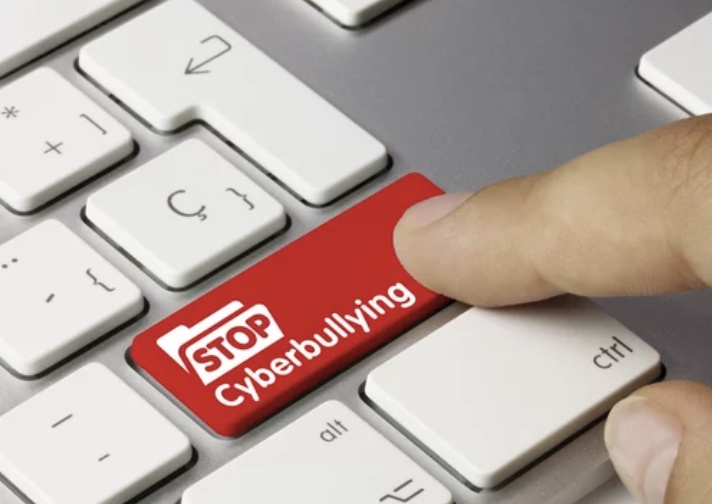In today's digital age, the internet has become an integral part of our lives, providing us with endless opportunities for communication, entertainment, and education. However, along with its benefits, the online world has also given rise to new challenges, including cyberbullying. Cyberbullying is a serious issue that can have lasting emotional and psychological effects on its victims. Fortunately, there are laws in place to protect individuals from online harassment and abuse. In this comprehensive guide, we'll explore cyberbullying laws, their implications, and how you can protect yourself online.
Understanding Cyberbullying
Before delving into the legal aspects, it's important to understand what cyberbullying is. Cyberbullying involves the use of digital communication tools, such as social media, email, or instant messaging, to harass, threaten, or intimidate someone. This can take various forms, including:
- Harassment: Repeated, hurtful messages or comments.
- Doxxing: Sharing someone's private information online.
- Flaming: Posting offensive or derogatory comments.
- Impersonation: Pretending to be someone else to damage their reputation.
- Outing: Revealing someone's secrets or personal information without consent.
- Exclusion: Deliberately excluding someone from online groups or activities.
The Legal Landscape
The legal response to cyberbullying varies from one jurisdiction to another, but many countries and states have enacted laws to address this issue. It's essential to familiarize yourself with the specific laws in your area, but here are some common legal principles related to cyberbullying:
1. Harassment and Stalking Laws
In many jurisdictions, existing harassment and stalking laws apply to online behavior. These laws prohibit the willful and repeated harassment or stalking of another person, regardless of the medium used.
2. Defamation Laws
Defamation laws can be relevant when false statements are made online with the intent to harm someone's reputation. Victims of online defamation may have legal recourse to seek damages.
3. Cyberbullying Laws for Minors
Many regions have specific cyberbullying laws that target minors engaging in online harassment. These laws often focus on educational programs, counseling, or community service as penalties for young offenders.
4. Federal and State Legislation
In some countries, federal laws address cyberbullying, and states may have additional legislation. Familiarize yourself with both federal and state laws to understand your rights and potential remedies.
Reporting Cyberbullying
If you believe you're a victim of cyberbullying, it's crucial to take action promptly. Here's what you can do:
- Document Evidence: Save screenshots, emails, or text messages as evidence of the cyberbullying. This documentation can be crucial if you decide to pursue legal action.
- Report to Platforms: Most social media platforms and websites have mechanisms for reporting harassment and abuse. Use these tools to report the cyberbullying and request that the content be removed.
- Contact Law Enforcement: If the cyberbullying involves threats, doxxing, or stalking, consider contacting your local law enforcement agency. Provide them with the evidence you've collected.
- Consult an Attorney: If the cyberbullying continues and causes significant harm, consult an attorney experienced in cyberbullying cases. They can advise you on legal actions you can take.
Protecting Yourself Online
Prevention is often the best defense against cyberbullying. Here are some tips to protect yourself online:
- Privacy Settings: Review and strengthen the privacy settings on your social media accounts to control who can see your posts and interact with you.
- Strong Passwords: Use strong, unique passwords for your online accounts, and consider using a password manager.
- Think Before You Share: Be cautious about sharing personal information online, including your address, phone number, and financial details.
- Block and Mute: Don't hesitate to block or mute individuals who engage in harmful online behavior. This can help you avoid further contact with them.
- Cybersecurity Awareness: Stay informed about online security practices and be vigilant against phishing attempts and scams.
Conclusion
Cyberbullying is a concerning issue in the digital age, but the law is on your side. Understanding cyberbullying laws and taking proactive steps to protect yourself online can help you navigate the online world with confidence. Remember to document any instances of cyberbullying, report the abuse to the appropriate authorities, and, if necessary, seek legal advice. By staying informed and vigilant, you can protect yourself and contribute to a safer online community for everyone.


No comments yet